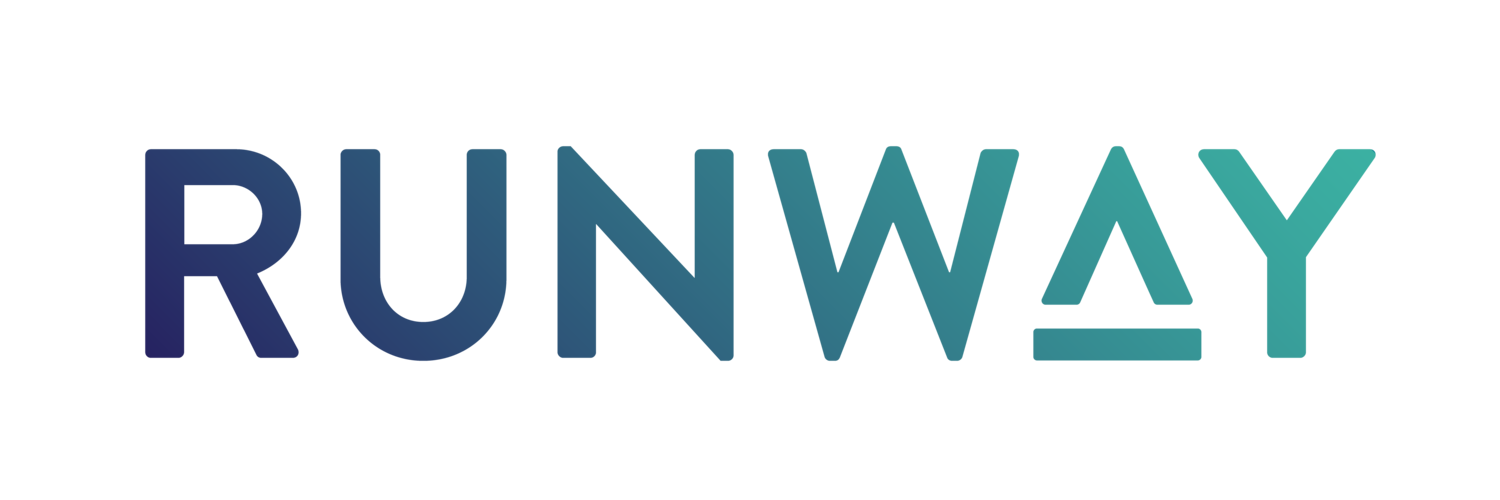What Role Does Reparative Capital Play in Mental Health?
Collage by Megan Totah Design
Mental health is described as a state of emotional, psychological, and social well-being that affects how we think, feel, and act.
The World Health Organization details that “mental health is a basic human right that's important at every stage of life.” And, that “mental health allows people to realize their abilities and contribute to their communities.”
How, then, is the mental health of Black communities impacted when systemic issues like racism, sexism, ableism, and financial inequities are always at play?
Systemic oppression doesn’t just live in policies and laws; it gets under our skin––literally. The stress from racism and economic inequities can lead to a condition known as allostatic load, which refers to the wear and tear on the body caused by prolonged exposure to stress hormones and an overloaded nervous system. This manifests in health problems like high blood pressure and heart disease––which Black communities already disproportionately experience––along with mental health disorders.
For Black entrepreneurs, this stress is compounded by the pressures of running a business in a system that often works against us. This chronic stress can undermine our mental health––our “basic human right”–– which can easily lead to issues like anxiety, depression, and burnout. On top of all that, Black community members rarely seek out mental health care due to cultural stigma resulting in them trying to cope with anxiety and other mental health conditions alone, as reported by The Black Entrepreneur Mental Health Initiative.
Living under constant stress can leave anyone feeling off-balance and dysregulated. With 72% of founders struggling with mental health, and 1 in 10 suffering from panic attacks, what kind of structural and holistic support do Black entrepreneurs need to maintain wellness and build resilient businesses?
It’s when we’re always on edge or feeling disconnected from ourselves and others that community becomes paramount. Research has consistently shown that a strong sense of community is essential for mental health and well-being. A psychological sense of community, including feelings of belonging, influence, and emotional connection, significantly contributes to reduced stress and enhanced mental health. Community is especially crucial for Black entrepreneurs, who often operate in environments that lack structural support and are marked by racial bias, like accessing capital and navigating financial systems.
In addressing these challenges, reparative capital also plays a transformative role. Reparative capital is capital that values all people and life. It centers Afro-Indigenous values of restoration and practices community governance, shared risk, and ownership. Reparative capital is more than just financial support—it's about healing, repair, and justice. We believe in supporting the whole person, not just the business. That means recognizing the unique experiences of Black entrepreneurs and providing the resources they need.
The COVID-19 pandemic really showed us how important this approach was. Early on, we saw Black entrepreneurs facing huge challenges, from losing business to dealing with health crises. We acted fast and piloted our Universal Basic Income (UBI) program, raising funds and providing immediate support for our community of entrepreneurs. Recipients received an up-front direct cash infusion of $2,000 from RUNWAY in addition to monthly stipends of $1,000 through October 2020 and free ongoing business and marketing consultancy services.
This wasn’t just about keeping businesses afloat; it was about showing up for our community when they needed it most. The pilot allowed us to hypothesize whether this type of supplemental income could be curative for the racial wealth gap. One of our entrepreneurs shared, “It’s not just funding; RUNWAY provides resources. I really appreciate that RUNWAY cares about our wellness. I love the opportunities to be able to advocate for ourselves politically via powerbuilding. I’m amazed by the UBI (universal Basic Income Pilot) during COVID. I want to be a part of the RUNWAY community for as long as I can.”
The UBI pilot program was a way for us to really recognize and employ the power of community and collective action. Out of the 30 Black-owned businesses in our inaugural UBI program consortium, not a single one had to close up shop due to the pandemic shutdowns. By providing financial stability and prioritizing mental health, we helped Black entrepreneurs navigate these tough times and come out stronger.
Financial health is deeply intertwined with mental health. Economic stress can exacerbate mental health issues, while mental health struggles can impede financial stability. Reparative capital addresses the historical injustices and systemic barriers faced by Black entrepreneurs by providing more than financial support. It aims to restore equity and facilitate healing through comprehensive support that includes integrated capital, mentorship, community building, and opportunities to build power. Reparative capital recognizes the importance of creating environments where Black entrepreneurs feel valued, supported, and empowered.
Implementing reparative capital involves intentional efforts to rebuild trust and foster communal ties that have been eroded by systemic oppression. This includes creating spaces for Black entrepreneurs to connect, share experiences, and build power together. Mental health and well-being is not just a personal concern but a collective imperative. The stressors inherent in the journey for Black entrepreneurs, compounded by societal injustices, underscore the critical need for supportive communities and reparative capital initiatives.


